Receiving the ranking certificate is an opportunity for the descendants of the Nguyen Cong family and the People's Committee of Tung Loc commune (Can Loc - Ha Tinh) to continue to preserve and promote the value of the relic to become a spiritual cultural site for the family and the majority of people.
On the morning of January 21, the People's Committee of Tung Loc commune (Can Loc) solemnly held a ceremony to receive the certificate of recognition as a provincial-level historical and cultural relic for Nguyen Van Hao church. Representatives of the Department of Culture, Sports and Tourism, Can Loc district and many local people attended. |
Delegates attending the ceremony.
According to the genealogy of the Nguyen Cong family in Tung Loc, Nguyen Van Hao was born in the year of Giap Tuat (1814), in Tho Bang hamlet, Yen village, Tinh Thach commune, Thien Loc district, Duc Tho prefecture, now Nam Tan Dan hamlet, Tung Loc commune, Can Loc district. He was born into a family of studious Confucian scholars with ardent patriotism. Although Nguyen Van Hao's father did not take the exam, he was knowledgeable about Confucianism. Since childhood, his family sent him to school and he was a learned, talented, virtuous and intelligent person, loved by the people.
Leaders of the Department of Culture, Sports and Tourism awarded provincial-level historical and cultural relic certificates to local and family representatives.
Nguyen Van Hao attended the provincial examination in 1840 and passed the bachelor's exam. He was then transferred to the capital Hue to work at the Ministry of Personnel. As a diligent and hardworking person, Nguyen Van Hao was trusted by the royal court. On July 1, 1846, he was transferred from the Ministry of Personnel to work at the Ministry of Finance, together with the royal court officials to compile the Imperial Code of Dai Nam. In 1850, Nguyen Van Hao was considered and appointed to work as the District Chief of Phong Doanh district (now Y Yen district, Nam Dinh province). In 1874, when he was 60 years old, he was allowed to retire and return to live with his wife and children in his hometown. He died in the year of Quy Hoi (1883), at the age of 69.
Many people of Tung Loc commune and their children and grandchildren welcomed the certificate of provincial-level historical and cultural relic.
To commemorate the merits of the honest and upright mandarin who made great contributions to the people and the country, more than 200 years ago, Nguyen Van Hao's temple was built by his descendants on the family's ancestral land. Initially, his place of worship consisted of a 3-room house with a wooden frame and a thatched roof. After many renovations, from 2013 to 2015, his descendants contributed their efforts and money to renovate and build a lower hall and some other auxiliary items such as the main gate, main gate and surrounding wall. Every year, on his death anniversary (June 17 of the lunar calendar), his relatives and local people come to the temple to offer incense and pay their respects.
With attention to preserving, maintaining and promoting relics and culture in the area, Tung Loc commune currently has 10 recognized historical and cultural relics, including 2 national historical and cultural relics and 8 provincial historical and cultural relics.
Anh Thu - Quoc Huy
Source


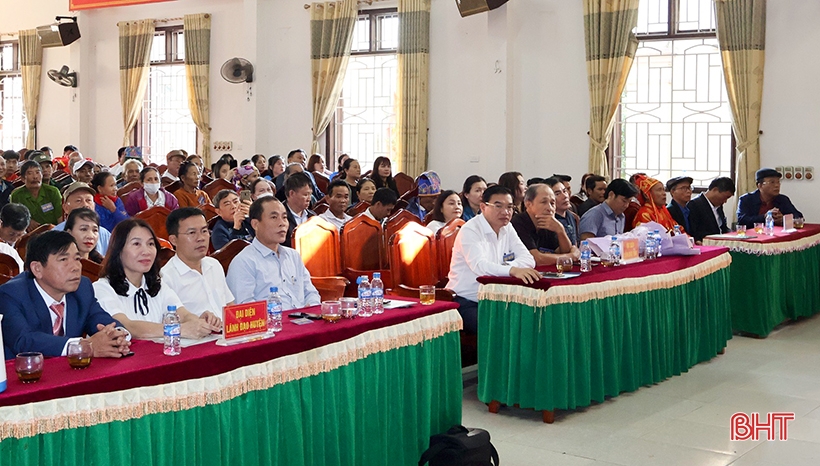
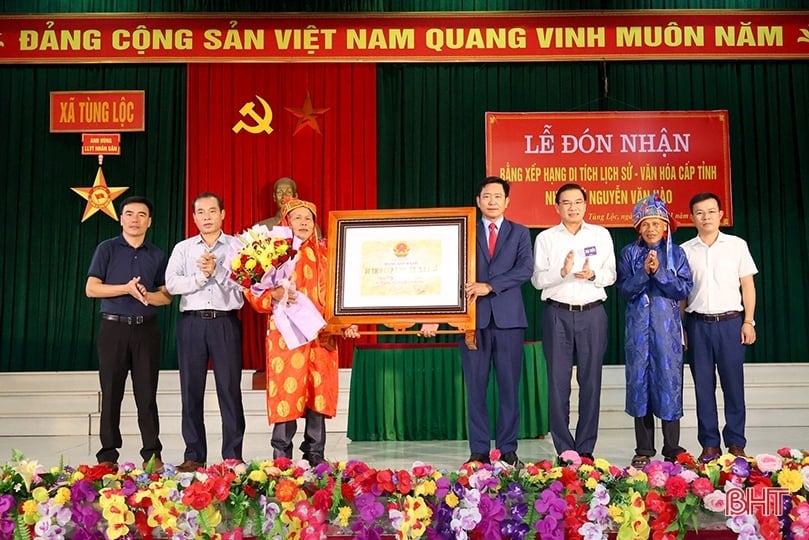
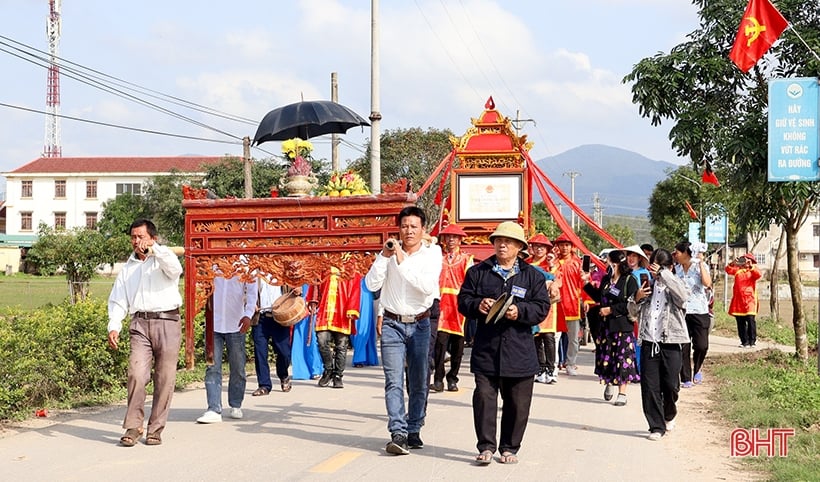




![[Photo] Prime Minister Pham Minh Chinh chairs conference on anti-smuggling, trade fraud, and counterfeit goods](https://vphoto.vietnam.vn/thumb/1200x675/vietnam/resource/IMAGE/2025/5/14/6cd67667e99e4248b7d4f587fd21e37c)



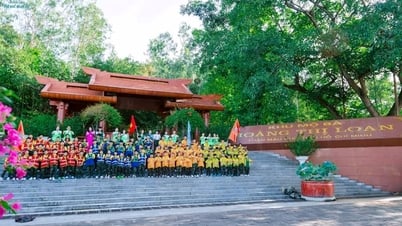

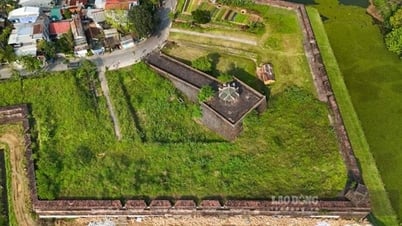

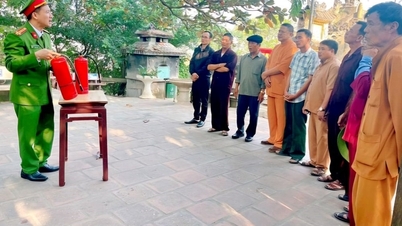
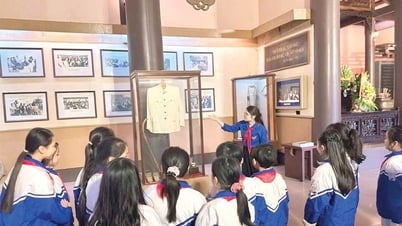
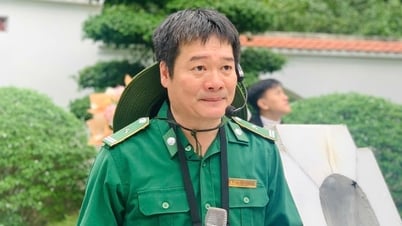



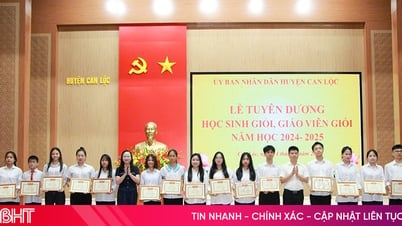










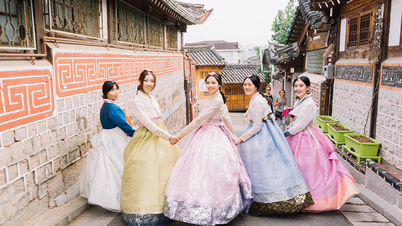























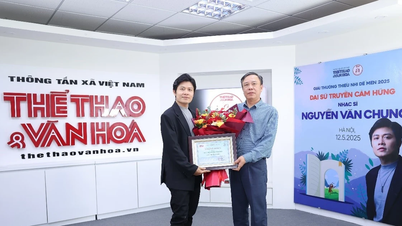





















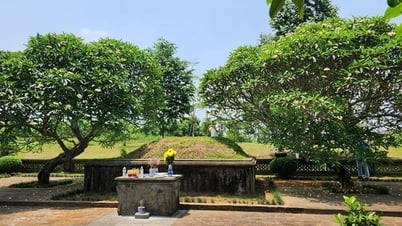




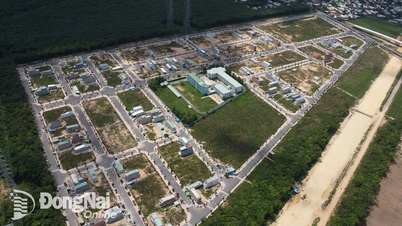






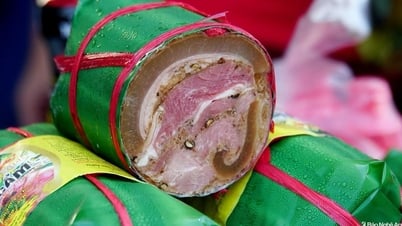









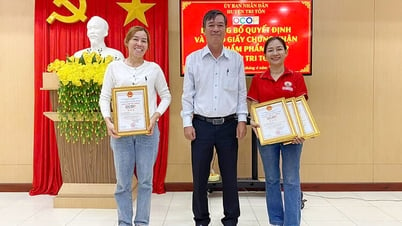
Comment (0)